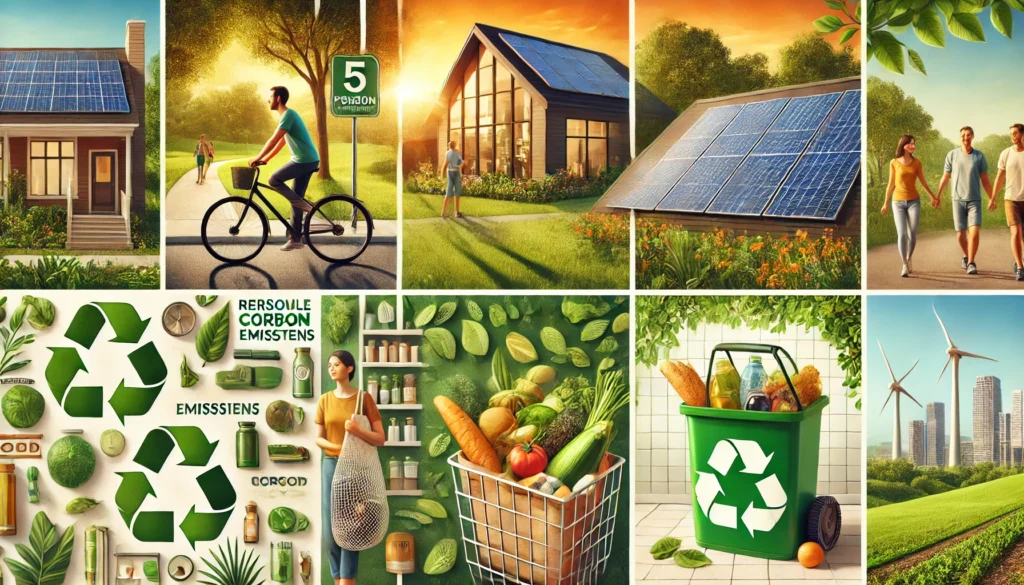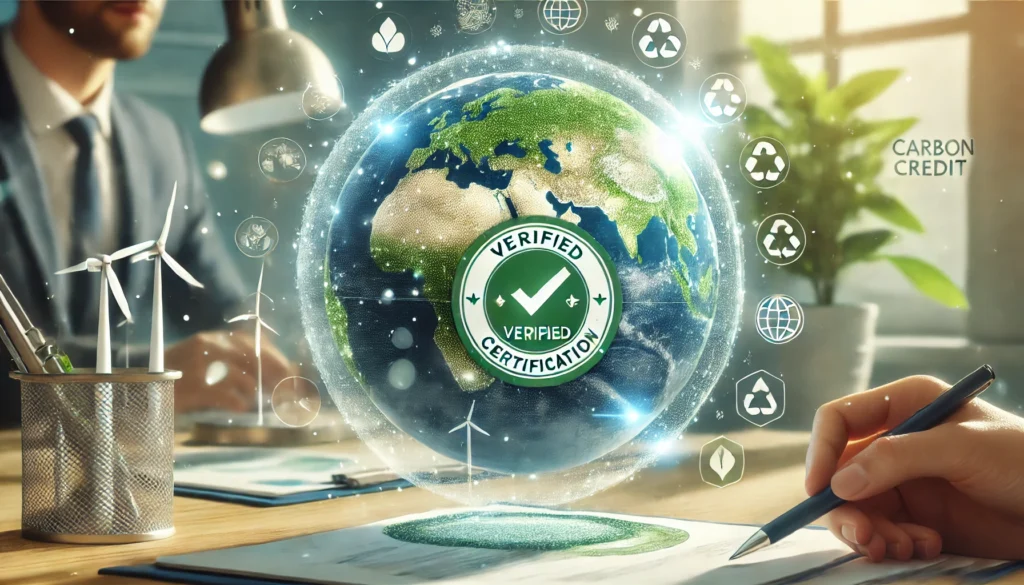Brazil’s carbon market has emerged as a crucial player in the global effort to combat climate change, driven by its abundant natural resources and growing commitment to sustainable practices. Despite this potential, the country faces significant hurdles that could hinder its development. In this article, we delve into the evolution of Brazil’s carbon market, examining the opportunities it presents and the challenges that lie ahead for its consolidation as a global leader in sustainability.
In-Depth Research and Analysis
What Is the Carbon Market?
The carbon market is an economic mechanism designed to reduce greenhouse gas (GHG) emissions. Companies and organizations that exceed their emission limits can purchase carbon credits from entities that have successfully reduced or avoided emissions. Each credit equals one ton of carbon dioxide (CO₂) or its equivalent removed or avoided from the atmosphere.
The market operates in two key forms:
- Compliance Market: Driven by government regulations like the Kyoto Protocol and Paris Agreement, mandating emission caps for countries and corporations.
- Voluntary Market: Driven by organizations or individuals willing to offset their emissions without legal obligations.
The Evolution of the Carbon Market in Brazil
Historical Milestones
Brazil played a pioneering role in the Clean Development Mechanism (CDM) under the Kyoto Protocol, drawing investments for projects generating carbon credits. With the Paris Agreement, the country has reaffirmed its climate commitments through Nationally Determined Contributions (NDCs), stimulating sustainable initiatives.
The Role of Brazilian Forests
Brazilian forests, particularly the Amazon, are central to the carbon market. “Forest carbon credits” are gaining prominence, where preservation projects reduce deforestation and ensure CO₂ absorption. Programs like REDD+ (Reducing Emissions from Deforestation and Forest Degradation) have attracted global interest.
Recent Regulatory Advances
In 2022, Brazil made strides by implementing a Carbon Market Regulatory Framework, providing guidelines for a regulated market and enhancing investor confidence. This marks a significant step toward integrating Brazil’s carbon market into the global economy.
Opportunities in Brazil’s Carbon Market
- Economic Potential:
- The global carbon market is projected to reach trillions of dollars in the coming decades, positioning Brazil to capitalize significantly.
- Sectors like agriculture, energy, and infrastructure hold immense potential for generating and trading credits.
- Attracting Investments:
- Brazilian projects, especially forest preservation, are highly appealing to international investors seeking sustainable initiatives.
- Creating Green Jobs:
- The carbon market is fostering employment in sustainability-related fields, such as environmental consultancy, project auditing, and reforestation activities.
- Driving Technological Innovation:
- Brazilian startups are pioneering tools for emission monitoring, project validation, and blockchain-based transparency in carbon trading.
Challenges Hindering Development
- Regulatory Uncertainty: Although recent frameworks have laid a foundation, gaps remain in defining credit quality standards and project validation criteria.
- Economic and Political Instability: Brazil’s political and economic volatility can deter investments and impede market growth. Additionally, international pressures to curb illegal deforestation remain a significant concern.
- Lack of Awareness and Education: Many businesses and individuals lack a clear understanding of how the carbon market operates, limiting voluntary participation and new project development.
- Global Competition: Countries like China and the United States already boast more mature carbon markets, posing challenges for Brazil’s leadership in this sector.
Comparisons and Guides
Brazil vs. International Carbon Markets
| Aspect | Brazil | Europe | China |
|---|---|---|---|
| Regulation | Emerging framework | Well-established | Rapidly expanding |
| Primary Focus | Forestry and agriculture | Energy and transport | Industrial sectors |
| Expansion Potential | High | Moderate | High |
Steps to Enter Brazil’s Carbon Market
- Identify Project Categories: Options include reforestation, renewable energy, and energy efficiency.
- Seek Certification: International standards like Verra and Gold Standard validate projects for the voluntary market.
- Align with Regulations: Ensure compliance with Brazil’s regulatory framework.
- Collaborate with Partners: NGOs and international organizations often seek partnerships in Brazil.
- Stay Informed: Monitor political and economic changes impacting market dynamics.
Conclusion
Brazil’s carbon market represents a unique opportunity to combine economic growth with environmental preservation. Leveraging its rich biodiversity and natural resources, the country can position itself as a global leader in carbon trading. However, overcoming regulatory, political, and awareness challenges will be critical to achieving this vision.


